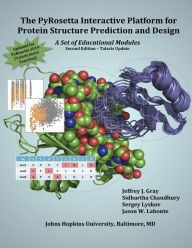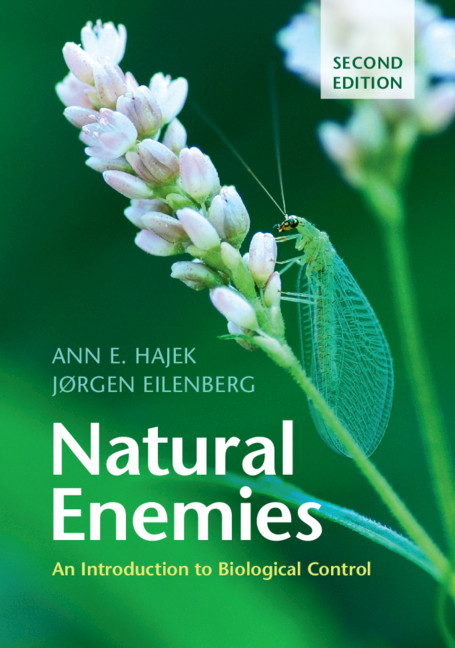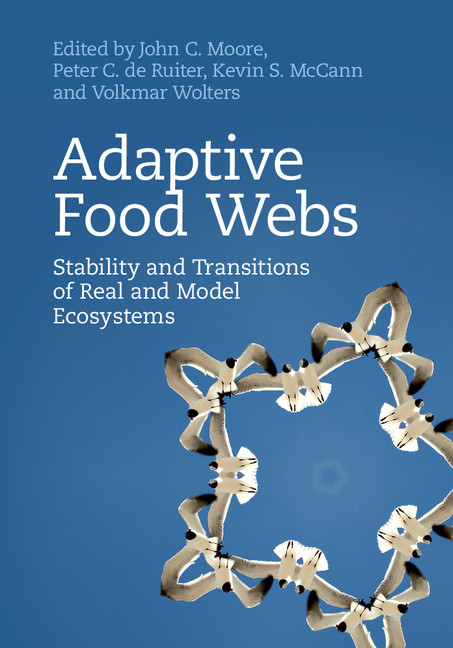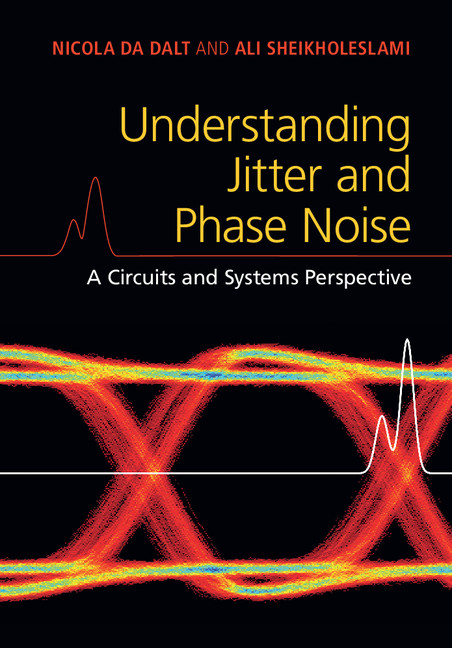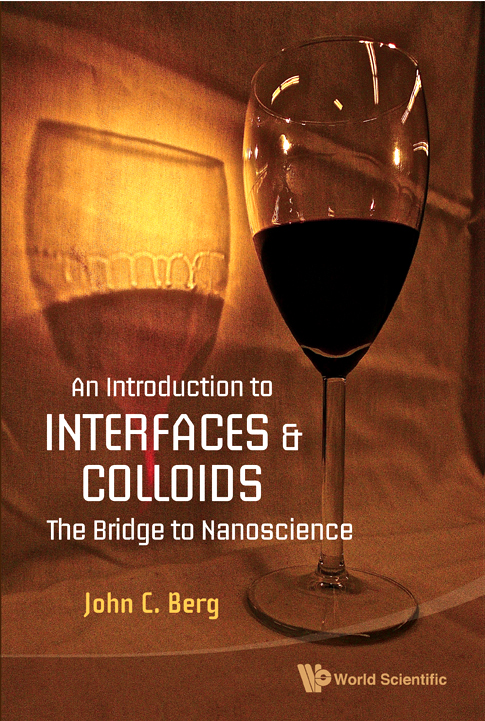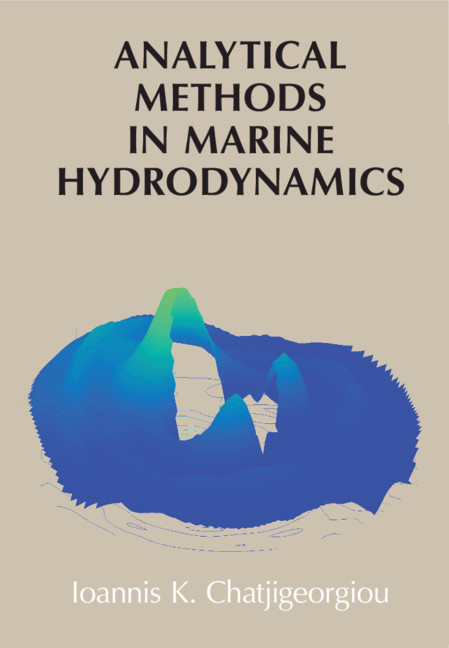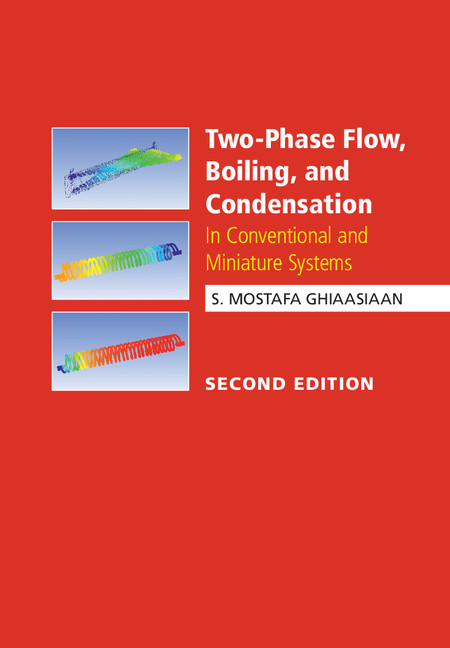Diversification Of Aquaculture
by Dr. Archana Sinha
2020-07-22 11:44:32
Diversification Of Aquaculture
by Dr. Archana Sinha
2020-07-22 11:44:32
The book "Diversification of Aquaculture" is the collection of article based on the research and field experiences of the authors. The book contains chapters on present status and future prospects of diversification of aquaculture in India by amplify...
Read more
The book "Diversification of Aquaculture" is the collection of article based on the research and field experiences of the authors. The book contains chapters on present status and future prospects of diversification of aquaculture in India by amplifying and including hitherto ignored indigenous fish species, which have commercial value and market demand, creating a new space, in expanding, the product portfolio for a wider choice, redefining the culture protocol to dramatically cut the cost of production, time and labour with enhanced accrued benefits. Presently, the Indian aquaculture is dependent on a few species of major carps and prawns, though there are 15-20 species in line to be commercialized. The projected fish production of the country in 2020 is 11.86 mt consisting of 737mt inland production and 3.5 mt ftom marine sector. Therefore, developmental strategies need attention towards diversification of aquaculture through locally available fish species. Carps, catfish, prawns, mollucs, ornamental fish, etc. provide for the requisite diversification in the practices. With rapid pace of aquaculture development, we need to concentrate on neglected natural resources and indigenous species. Rapid climate change has also posed concern over the ecological systems and aquaculture. In this book, there are 33 articles which -describes about vast aquatic resources available in the country and its optimum utilization for the sustainable development of aquaculture in different parts ofthe country. The importance of cultivable species is dealt with region specific and locally available fish diversity with major emphasis on eastern and northeastern parts of the country which contain a large number of high value fish species. The book emphasizes the articles on biodiversity and conservation of important aquatic resources of the specific area. The main objective of the book is to sensitize the readers about emerging areas of research and development of aquac'Vture for aquatic biodiversity conservation through locally available fish species and their inclusion in eco-mendly culture system. The focus is also on different varieties of local fish species which are becoming endangered and need to be revived with a view to increase fish production thereby. This book can be used as a reference by researchers, academicians, entrepreneurs and aquaculturists.
Less








